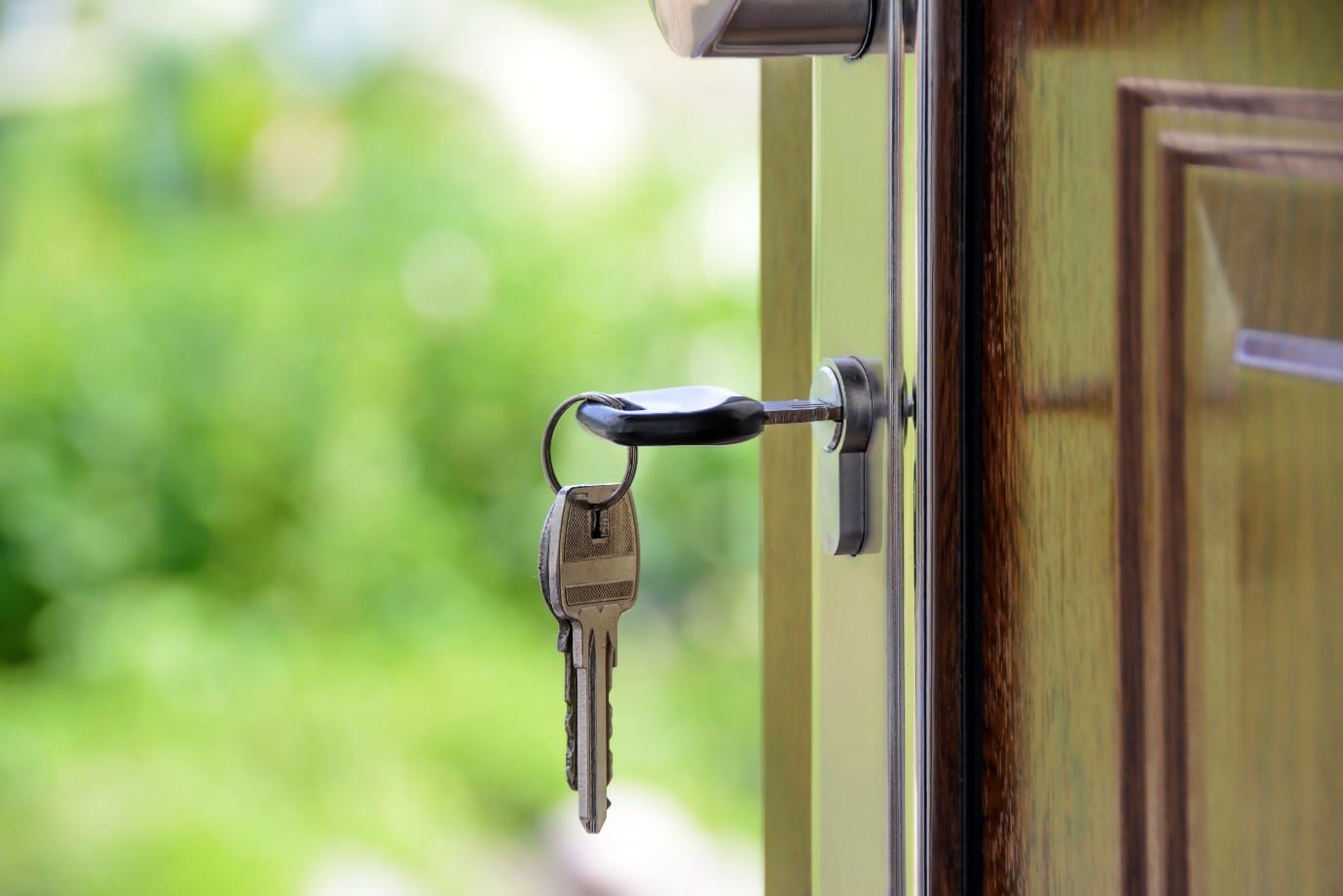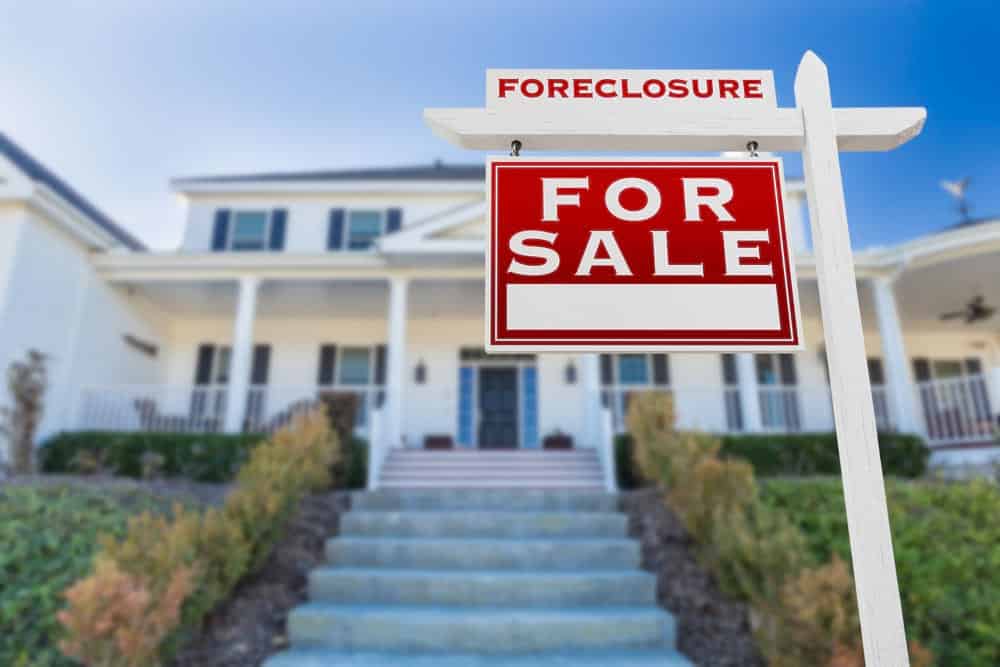Pricing is a critical part of selling a home.
It will impact both your finding of potential buyers and how you negotiate with them.
Let’s look closer at how to price your house to sell fast.
Why pricing matters
Pricing is an essential part of gaining viewers for a property in the first place.
It makes marketing the property much easier.
Most properties are competing for buyers’ attention. Pricing is often a deciding factor in a sale. And it reduces the time it takes for a sale to complete.
The longer its on the market, the less appealing it becomes to other potential buyers.
Asking price vs. selling price
Asking and selling prices for properties are different things. Asking prices are initially set high, often with the expectation of negotiation.
Selling prices are simply the final price that is paid. They usually – but not always – end up lower than asking prices.
The gap between the two types of price varies across regions.
Data on pricing for houses
A HomeOwners Alliance study found homes that sell in just 12 days are the most likely to achieve their maximum asking price (100.89%).
Based on the average UK property price of £218,000, a 12-day sale could result in an additional £1940 on top of your asking price.
The study used data from over 5,000 estate agency branches across Britain.
It also found that:
-
Houses on the market for a couple of months would achieve 96% of the asking price
-
After three months, this would fall to 94%.
How do you price your house to sell faster?
So, how do you speed up the sale of your home without sacrificing profit?
1. Get multiple valuations
You must price your home accurately if you want a speedy sale. Approach several estate agents and get a free valuation for your home.
Once you’ve researched similar local properties, you can select a similar price.
Remember, this may not always be the highest valuation. The key is to be realistic to secure that quick property sale.
4. Be honest with yourself and the house buyer
Honesty is always the best policy, especially when selling your home fast.
Trying to conceal property problems may delay the selling process. These issues come to light later during surveys.
It may end up costing you, the house buyer, a lot. Ask your estate agent for an honest opinion of your house. And reflect this in the property description.
Accurate photographs and listing descriptions will attract buyers with a genuine interest.
By employing these simple tips, you can capitalise on the 12-day window. And (hopefully) achieve your maximum asking price.
5. Negotiate
Negotiating the sale of your house is a factor in your final earnings.
It can involve a range of tactics and strategies. Which ones you use depend on the potential buyer and their motivations.
For example, offering additional perks (such as including furniture) works in some cases. In others, setting a firm ‘cut-off’ point is essential.
In rare cases, people offer an overage clause. This is when sellers gain a percentage of future profits (under certain conditions).
Factors to consider after pricing
We’ve compiled some handy tips to help you sell your home quickly.
1. Staging a home
Staging improves the appearance of a property before potential buyers’ viewings of it.
It involves tidying up and cleaning the property. This can also include de-personaliation and de-cluttering.
Curb appeal can also come into this – Is the exterior of your house attractive, clean and well-kept?
Homeowners put a lot of work into ensuring the interior of their homes is presentable. But the exterior can often be forgotten.
2. Make minor but necessary upgrades
Ensuring your house is well-maintained before it goes to market is essential.
But remember that the ROI on home improvements is generally less than 100%.
Whilst remodelling some rooms adds value, it will depreciate daily.
Making necessary repairs, such as replacing broken light bulbs, dripping taps and cracked tiles. And make sure your house is clean and tidy.
The more serious the issue, the more important it is to address it. For example, damp in a property can devalue it a lot.
If problems arise after a survey, you will have to address them.




















